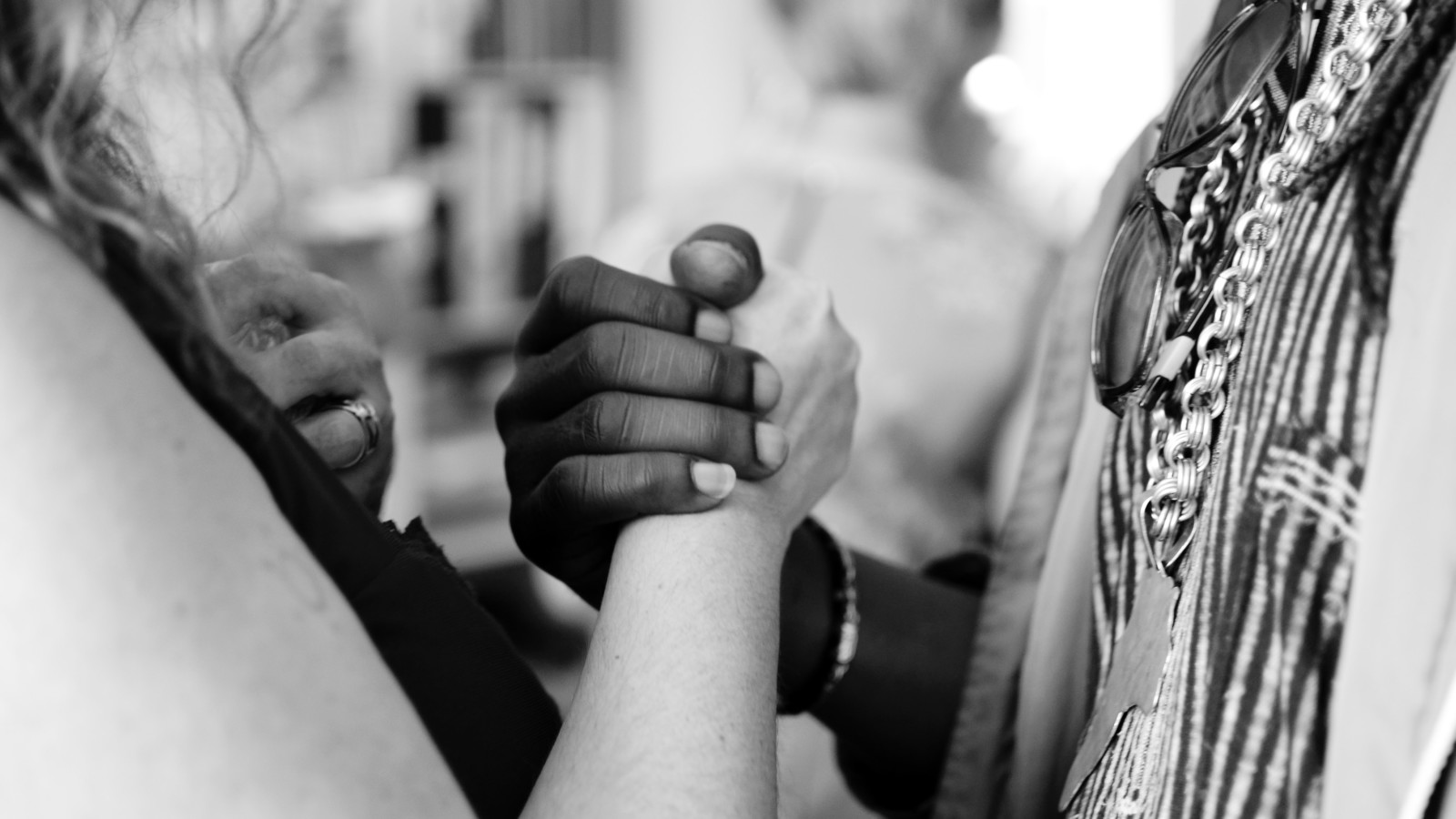Empathy serves a purpose. Our societies are based on a network of effective cooperation between individuals. Empathy facilitates the interaction and secures the sustainability of the structure, but why do we experience it? How do we call upon it and can we train to become better at it?
What is Empathy?
Defined as ‘the ability to understand and share the feelings of another’, the human capacity for empathy is hardwired into our brain. Mirror neurons cause us to mimic an action inside our brain when we see others perform it. In ‘The Neuroscience of Empathy’, Sylvie Tremblay explains that from the age of 4 years old, strong connections between parts of our brain strengthen, to enable us to recognise social and emotional clues and identify what others are feeling[1].
Empathy is not necessarily associated with kindness. Daniel Goleman – author of ‘Emotional Intelligence’- points out that “torturers would need to have good cognitive empathy to work out how best to hurt”[2]. So, it is useful first and foremost. If you witness someone in pain, empathy will motivate the desire to help rather than do nothing. Helping not only removes the unpleasant feeling of powerlessness, it also creates a dynamic which is essential for the preservation of mankind.
Replacing Unhelpful Feelings with Empathy
As naturally empathetic as we may be, the limitations appear when others’ behaviours impact on our own life negatively. In other words, I will ‘feel for you’ until you upset me. A few years ago, my son got punched by a classmates. Seeing him walk out of the playground with a big puffy black eye put my heart through an industrial shredder. But almost immediately, the red rage took over my brain. My go-to reaction reverted to a more primal one: the protection of my offspring. My heart had recomposed itself to pump faster, everything was in motion to find and crush the attacker. And there he was. The evil bully. So, what did I do next? Nothing. Mainly, not to get arrested! And whilst gathering all my self-control, I had to reflect on the situation and it is empathy and empathy alone that diffused the anger mist. It made me look at his little eight-year-old face with a different filter. It got me to wonder why he did it; perhaps my kid was mean to him, perhaps he gets it at home, perhaps he just had a bad day.
If we let empathy run its course, we allow ourselves to rationalise a situation and override unhelpful responses; We can continue functioning in a lawful society. When someone hurts you or a loved one, it is usually due to a set of circumstances or a wrong choice and not because they are entirely bad. What happens then if you consciously apply this concept to your everyday life? Imagine a world with no misunderstandings, where you accept that others may only present the top of the iceberg and there is a huge ice pile of emotional baggage under water, unseen. This would immediately change the dynamic of any human exchange. One would almost never get offended because they would almost always be able to relate to the action they are facing and place themselves in the other person’s shoes, if only for just a moment.
How to Train Empathy
If you are not the greatest empath, there is a way to practice the skill. It has been shown that getting to know more people from different experiences and backgrounds will develop your ability to empathise. Research from the University of Zurich demonstrates that just a few positive exchanges will trigger neuronal change in the brain that results in increased empathy. Psychologist and Neuroscientist Grit Hein measured brain activity in the participants when dealing with members of their own group and an outward group. They concluded that the stronger the positive experience with the stranger, the greater the increase in neuronal empathy. To put it simply, the more you interact with strangers, the more empathetic you become.[3]
So, this week, seat next to a different group of colleagues at lunch. Chat to a stranger on your dog walk. Ask others how they are. Stop and talk if someone seems upset in the street. Read people’s stories on the internet. Trigger the neurons and train yourself to empathise more. It is enough that one person does it once to make a difference in the lives of many.
The potential of this mindset is huge, because if you adopt it and interact positively with others, you will increase their empathy as well as your own. And more will follow. You can create a contagion. Empathy doesn’t just have a role in mankind, it also has a power. You can feed the power generator with the little gestures of everyday life and create a worldwide dynamic of altruism. Start with a smile and others will smile back. And if nothing else, it will make your own life better!
Chantal Dempsey is an Award-Winning Life Coach and former high-profile law enforcement officer. Get her free weekly confidence and stress management tips via her website www.forwardlifecoaching.co.uk
[1]https://sciencing.com/your-brain-on-empathy-13714004.html
[2] https://en.wikipedia.org/wiki/Emotional_Intelligence
[3] https://www.ncbi.nlm.nih.gov/pmc/articles/PMC4711838/


